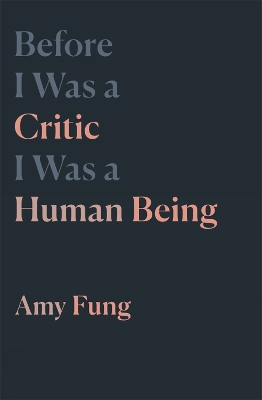Reviewed by clementine on
Confrontational, unflinching essays on the liminality of being an immigrant and settler on unceded and Treaty territory. Fung articulates her experience as a racialized woman who is, in ways subtle and overt, made to feel unwelcome in Canada while also benefiting from the legacy of colonialism which continues to marginalize Indigenous peoples. The complexity of identity is explored convincingly; the necessity of confronting complicity in the ongoing disenfranchisement of Indigenous people is made clear. Fung writes about the Canadian art landscape and its marginalization of Indigenous artists, the way "diversity" panders to the white gaze. There were moments where I found the writing a bit clunky, taking me out of the argument, but generally it was seamless. There are a lot of big, uncomfortable ideas packed into this slim volume, and all of them felt fully explored. This is a perspective that all people living in (formerly?) colonial states should consider.
Reading updates
- Started reading
- 19 June, 2019: Finished reading
- 19 June, 2019: Reviewed
